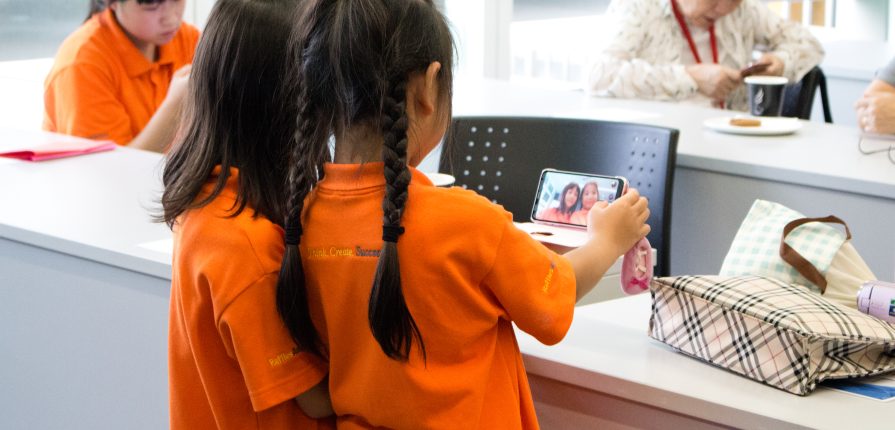Social Media Addiction
With the development of the internet in the 90s, there has been a number of studies reporting on the prevalence of internet addiction. In today’s age, it’s assumed that internet addiction has developed into mobile/social media addiction. With the wide range of uses for our mobile devices and availability of social media apps, many of us, especially those in the younger generation (below the age of 20) use social media for an extended period of time. While using it for prolonged periods of time for work or social communication is normal, it can become problematic when the user becomes addictive, compulsive, and affects one’s psychological well-being.
What Defines Social Media Addiction?
Although there needs to be further research on social media addiction for it to have a clear definition, the symptoms that are exhibited can be seen in other kinds of addiction, such as substance addiction. Some of the patterns of behavior observed in substance abuse include uncontrollable intake, cravings, performance impairment, relapse, and withdrawal symptoms (Hartney, 2020). Sun & Zhang (2020) reiterated the same symptoms in their research and added that individuals have low satisfaction with life and feelings of depression, anxiety, and jealousy.
A study conducted by Al-Menayes (2015) aimed to investigate further the impact of social media addiction on college students. To be specific, they asked participants the extent of their social media usage, their experience or years spent using social media, and the impact of social media use on their academic performance. Al-Menayes (2015) concluded that there was a significant correlation between the amount of time spent using social media and interference with daily life activities, such as school performance, maintaining relationships, and even driving. Participants also responded that they crave using social media when they are away from their phones and using it for prolonged periods, exhibiting addictive behaviors and withdrawal symptoms.
How You Can Reduce Your Social Media Usage?
If you believe that you or someone you know is excessively using social media and you want to reduce it, there could be ways to help. Many suggest that deleting social media apps on your phone is a good start since our phones are more accessible than computers. However, if you find that social media use is more evident on your computer, you can block the sites you usually visit using specific apps and websites.
Hou et al., (2019) designed an intervention based on previous research that proved to be beneficial to their participants. They underwent a one-week intervention program, where they were asked to reflect on their usage. Participants wrote down their reflections on a card, took a photo of it, and set it as their phone background as a reminder every time they wanted to use their phone. The following week, they were asked to have a reflection journal to report on their social media usage, including how long they used it for, what content they engaged with and others. Participants calculated use before and after the intervention deemed the strategies were quite beneficial, where their time spent on social media significantly decreased.
Considering this intervention strategy, you can follow the same steps and ask yourself:
- How much time do I spend on social media per day and per week?
- What other things/hobbies could I do with that time?
- What are the benefits of not using social media?
- Why do I use social media? Are there alternatives?
- What are the effects of social media use?
(Hou et al., 2019)
Communication
Our main way to communicate with others these days is through social media. We’re often content when we see someone we cherish post a positive update on their life or when we’re able to share sentimental moments online for others to comment on. However, misuse of social media can lead to negative outcomes on our psychological well-being. Therefore, you must make sure that when you’re using social media, you can keep track and set limits to how much time you spend on each social media platform.
Researched and written by Jumana Raggam
References
Al-Menayes, J. J. (2015). Dimensions of social media addiction among university students in Kuwait. Psychology and Behavioral Sciences, 4(1), 23-28.
Hartney, E. (2020, March 21). DSM 5 Criteria for Substance Use Disorders. Verywell Mind. Retrieved March 1, 2022, from https://www.verywellmind.com/dsm-5-criteria-for-substance-use-disorders-21926
Hou, Y., Xiong, D., Jiang, T., Song, L., & Wang, Q. (2019). Social media addiction: Its impact, mediation, and intervention. Cyberpsychology: Journal of Psychosocial Research on Cyberspace, 13(1).
Sun, Y., & Zhang, Y. (2020, 10 10). A review of theories and models applied in studies of social media addiction and implications for future research. Addictive Behaviors, 114.


